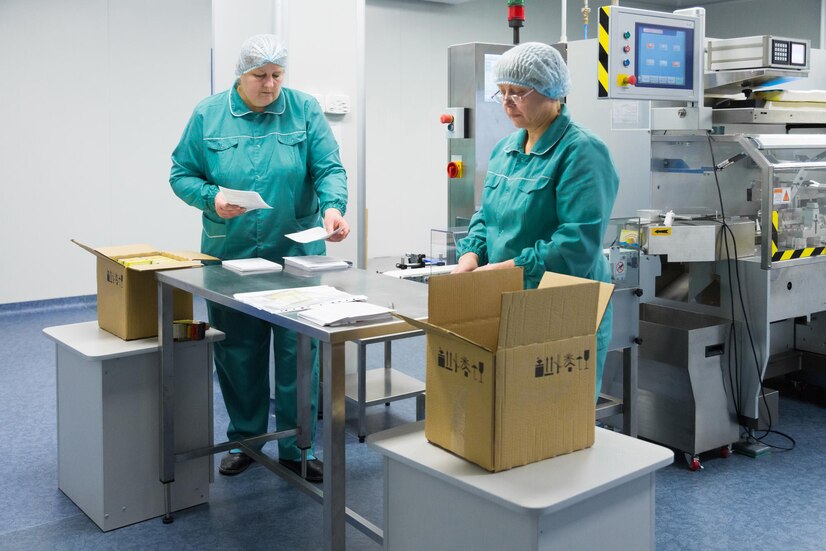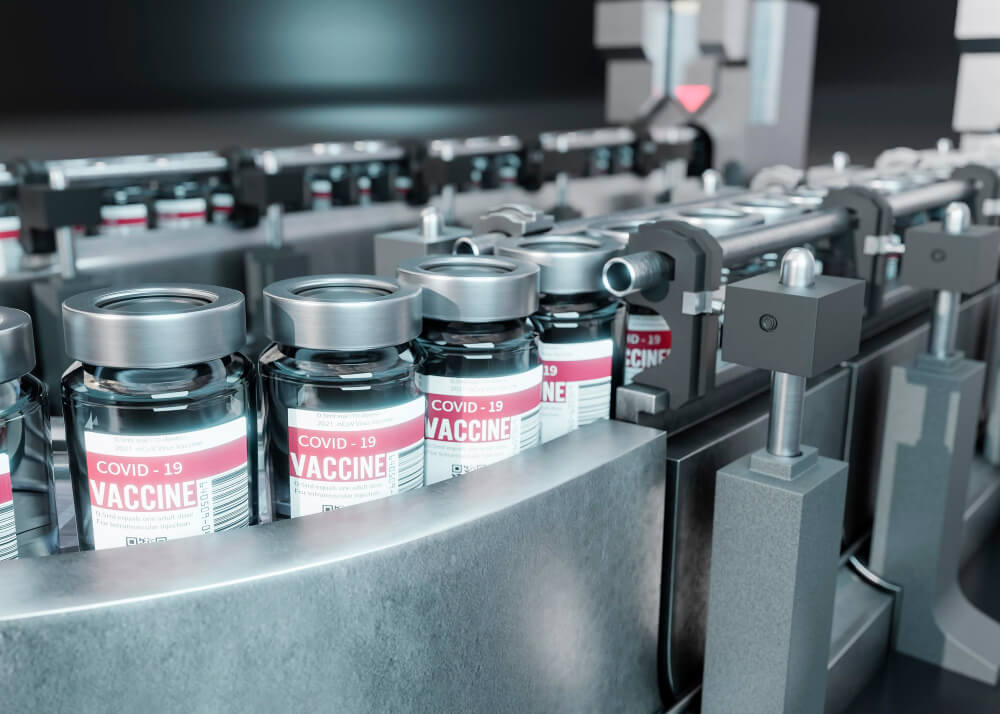Medical refrigeration is not just cooling things down—it’s saving lives through science. Cutting-edge research in logistics and biomedical engineering reveals how temperature-sensitive drugs like vaccines and chemotherapy rely on carefully designed systems. In this blog, this explains how scientific principles in predictive analytics, control systems, and smart engineering are applied to revolutionize intelligent cold chain logistics. In each step, Medicool represents this paradigm: a product informed by science, built for reliability, and designed for results. Herein, let us examine the technologies and theories motivating this transition in smart medicine logistics and compliance-driven medical technology.
The Science Behind Predictive Cold Chain Systems
Modern cold chains are shifting away from fixed storage containers towards active, self-optimizing networks. At the heart of this revolution is predictive analytics, enabled through machine learning. According to Zhou et al. (2023), predictive cold chain networks use past temperature data, transit delays, and environmental ambient factors to train algorithms that can forecast upcoming failures. This enables these systems to predict and prevent temperature excursions before they happen. For example, if the information shows that there is high thermal breach risk on a specific route, the system can recommend alternative routes or initiate pre-cooling operations.
This level of consciousness is most crucial in biologics and cell therapies, which are extremely vulnerable to even short-term deviations from safe temperature. Medicool marries this science with real-time monitoring and automated notification, removing temperature-sensitive medicine storage from luck. This intelligent solution lowers risk, minimizes waste, and increases the legitimacy of AI-enabled medical refrigeration in healthcare supply chains.
Thermodynamics and Refrigeration Innovation
Refrigeration in pharmaceutical logistics hinges on the laws of thermodynamics. Efficiency, heat exchange, and energy stability are critical variables in keeping sensitive medications within precise temperature ranges. Recent innovations in thermal insulation—particularly vacuum-insulated panels (VIPs) and next-generation polyurethane foams—have greatly reduced thermal conductivity (Chen & Wang, 2022). These materials help systems maintain internal temperatures even during power loss or environmental stress.
Additionally, phase-change materials (PCMs) are now used to stabilize internal temperature during fluctuations, maintaining thermal inertia. These passive elements work in tandem with more efficient compressor cycles to reduce overall energy demand and improve long-duration cold retention. Medicool applies this research directly by incorporating multilayer insulation and adaptive thermal regulation. These advancements significantly increase pharmaceutical cold chain reliability, particularly in variable conditions like cross-border shipping or remote deliveries. Combined with sensor feedback loops and temperature uniformity controls, this integration of thermodynamics makes AI-enabled medical refrigeration both resilient and energy efficient.
Biomedical Engineering Meets Logistics
Biomedical engineering has started to affect not only the development of therapy, but the storage and transport of those therapies as well. Engineers are redesigning cold chain units with ergonomic use, resistance to contamination, and automated diagnostic capabilities (Harper et al., 2023). These include modular drug separation compartments, touchless entry to minimize human error, and smart apps for remote system management.
These innovations are the product of a growing need to ensure medication integrity at every stage along the line—outside of hospitals or labs. Healthcare professionals, especially in field clinics and pharmacies, require interfaces that provide simple control with minimal training. Medicool represents these ideals by providing a user-friendly design with mobile apps, tamper-evident access, and auto-locking.
This integration of smart medicine logistics and engineering allows end users without sacrificing control. It preserves valuable therapeutics, while it also adheres to the ergonomic and functional specifications of modern clinical environments.
Regulatory Science and Compliance Technology
While drugs grow more sophisticated, so do drug transport rules. Companies like Health Canada, the FDA, and EMA now require robust digital record-keeping and real-time compliance logs (Health Canada, 2023). This is especially true for biologics, controlled medicines, and gene therapies, where mismanaging them has disastrous financial and safety consequences.
Compliance today is more than a checkbox—it requires technology that can automate compliance reporting, exclude outside access, and monitor every temperature fluctuation, humidity shift, and location move. Medicool provides these features through native audit logs, encrypted data storage, and centralized dashboards that generate exportable compliance reports.
This approach embodies compliance-driven medical technology, merging engineering design with regulatory science. It’s not only about meeting minimum standards but exceeding them through precision, accountability, and foresight. These systems don’t just pass audits—they create a new level of trust within healthcare logistics.
Cyber-Physical Systems in Healthcare Logistics
Cyber-physical systems (CPS) represent the new frontier of cold chain control. They combine physical components—like compressors and insulation—with software, sensors, and machine intelligence. What emerges is a networked system that reacts in real-time to dynamic inputs (Mehta & Rao, 2024).
In pharmaceutical logistics, CPS enables decentralized decision-making. A temperature rise is reported by a sensor; the system responds in real-time, notifies stakeholders, and logs the incident. This establishes an over-time self-refining feedback loop—ideal for the highly regulated requirements of storing temperature-sensitive medicine. Medicool integrates CPS via the use of a smart sensor mesh that tracks temperature, vibration, humidity, and access status, all linked by cloud systems.
This deep integration of software and hardware turns a typical refrigerator into an active participant in intelligent cold chain operations. It’s from passive guarding to responsive preservation—preserving medicines safe, potent, and dependable, even when things are uncertain.
Conclusion
In the nuanced ballet of modern medicine, science does not stop at the bench—it extends to the last mile of delivery. Thermostatic modeling, artificial intelligence diagnostics, regulatory alignment, and engineering design have all collectively reset the standards for the cold-chain storage of temperature-sensitive medication storage.
Each component of AI-driven medical refrigeration is serving a greater good: maintaining therapeutic integrity and saving lives. With these scientific foundations, technologies like Medicool are not merely about innovation—they are about trust.
As healthcare becomes increasingly data-driven and distributed, the cold chain must be every bit as intelligent. Smart medicine logistics powered by predictive technology and regulation-driven medical technology are no longer niceties—they’re necessities. And with this change, we’re not only preserving medicine; we’re building confidence into each dose.




